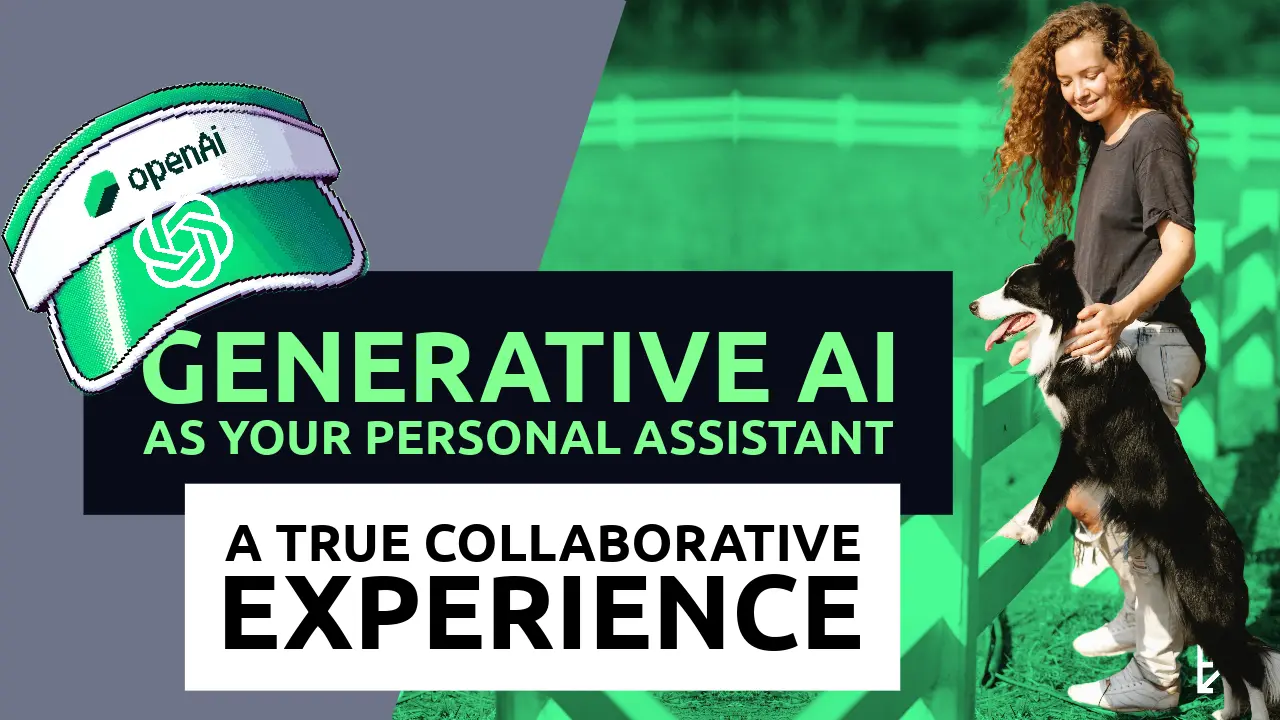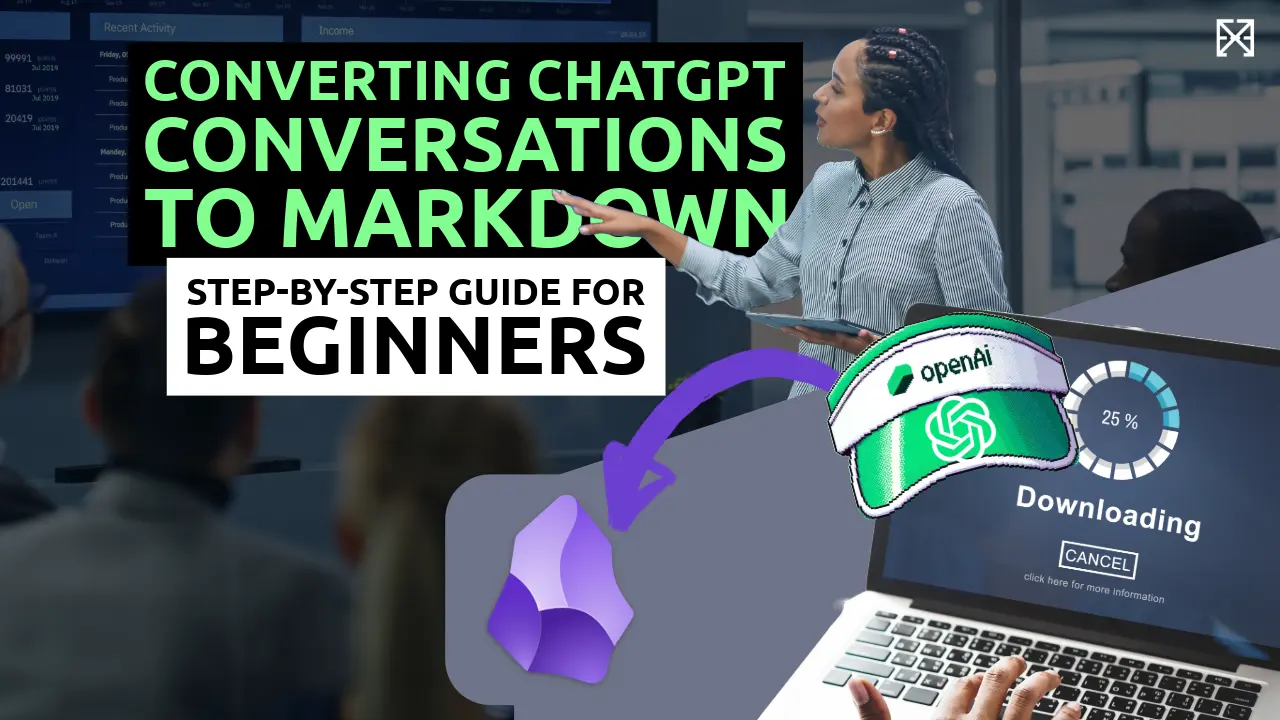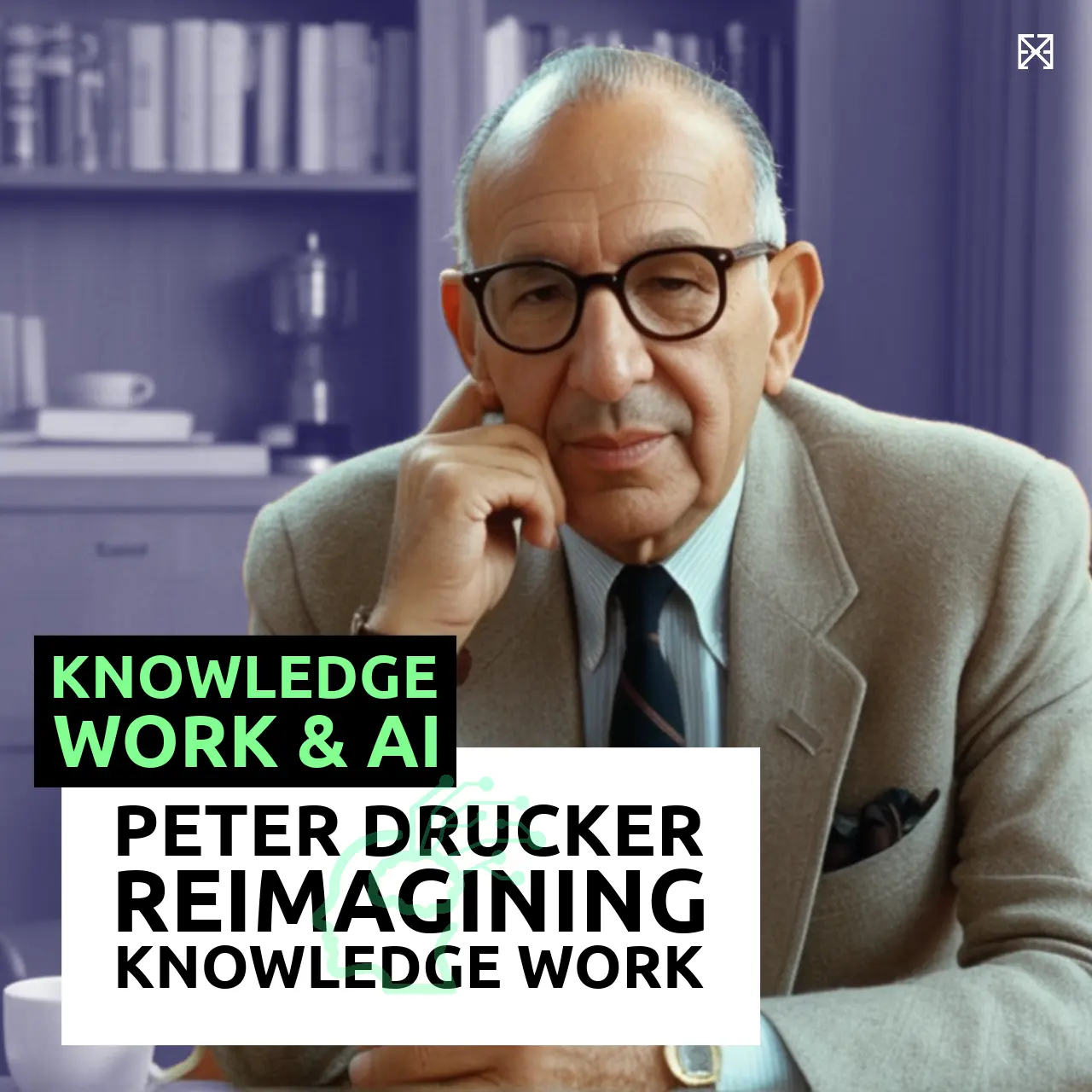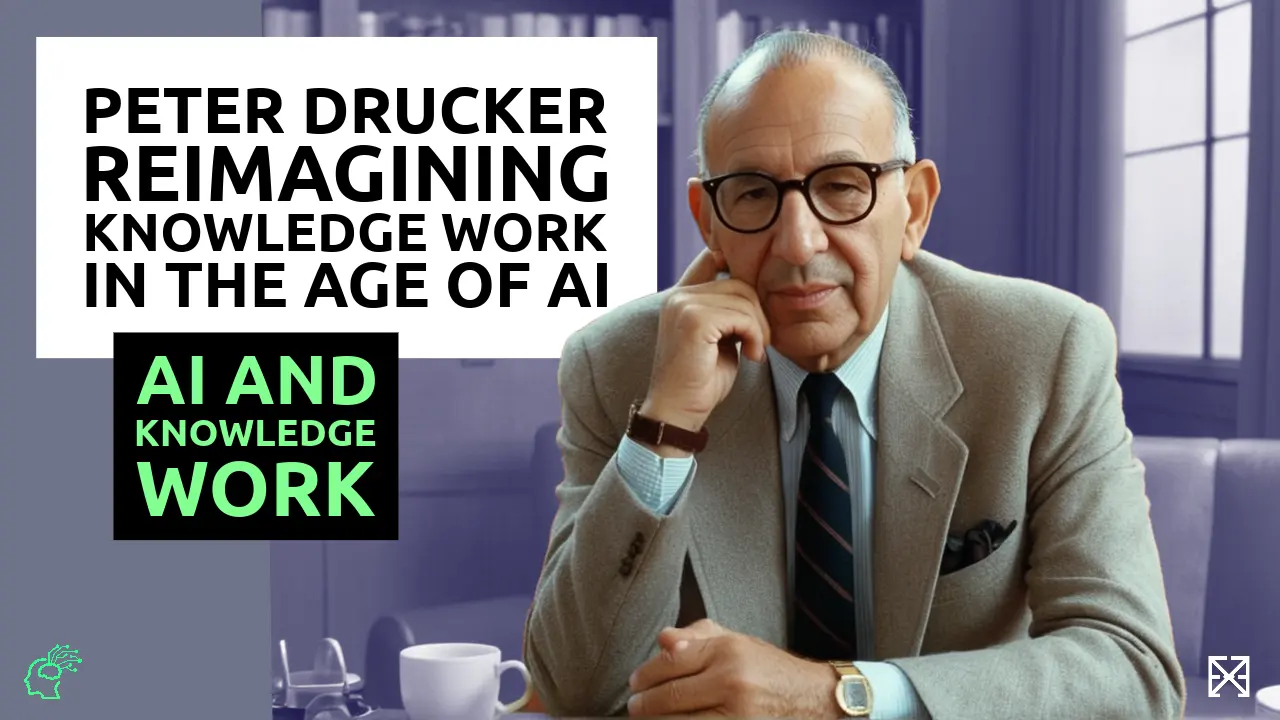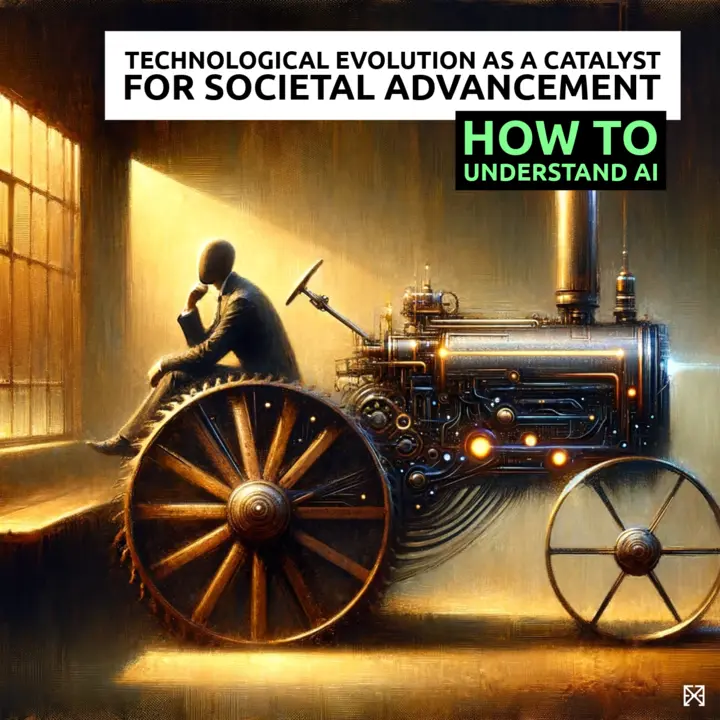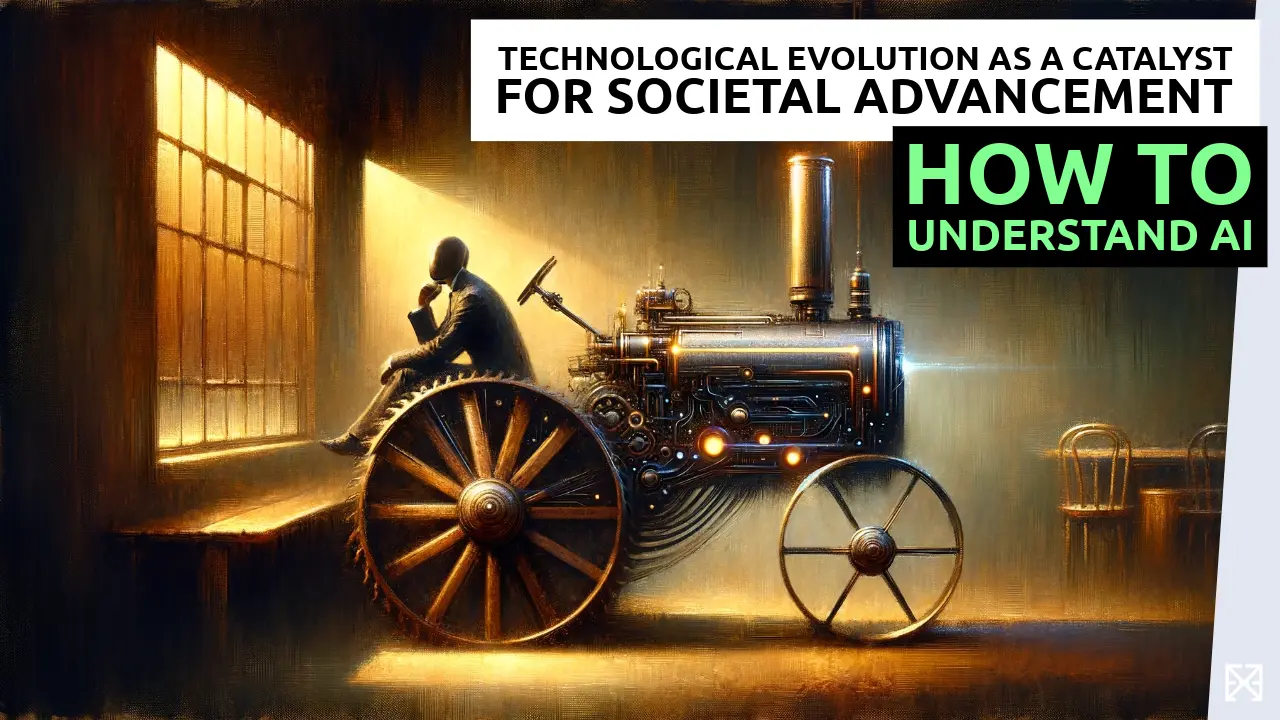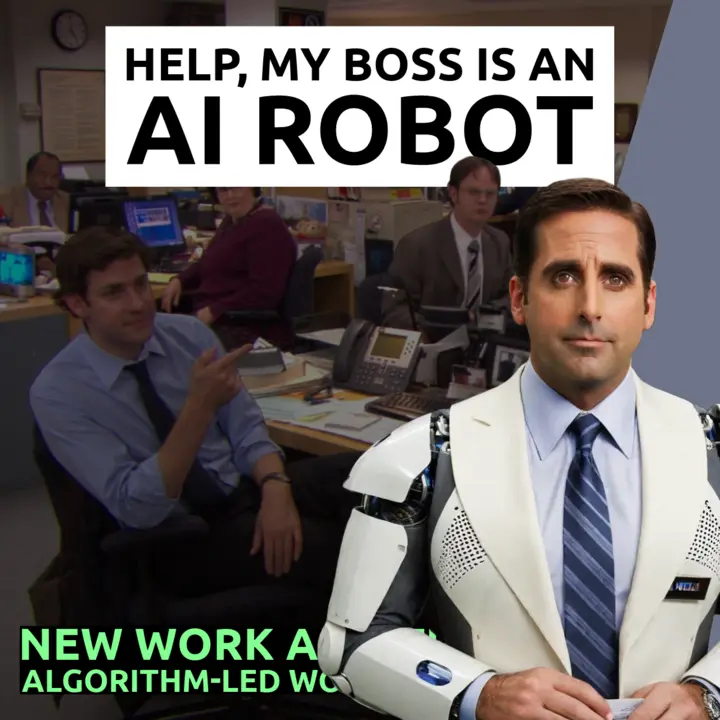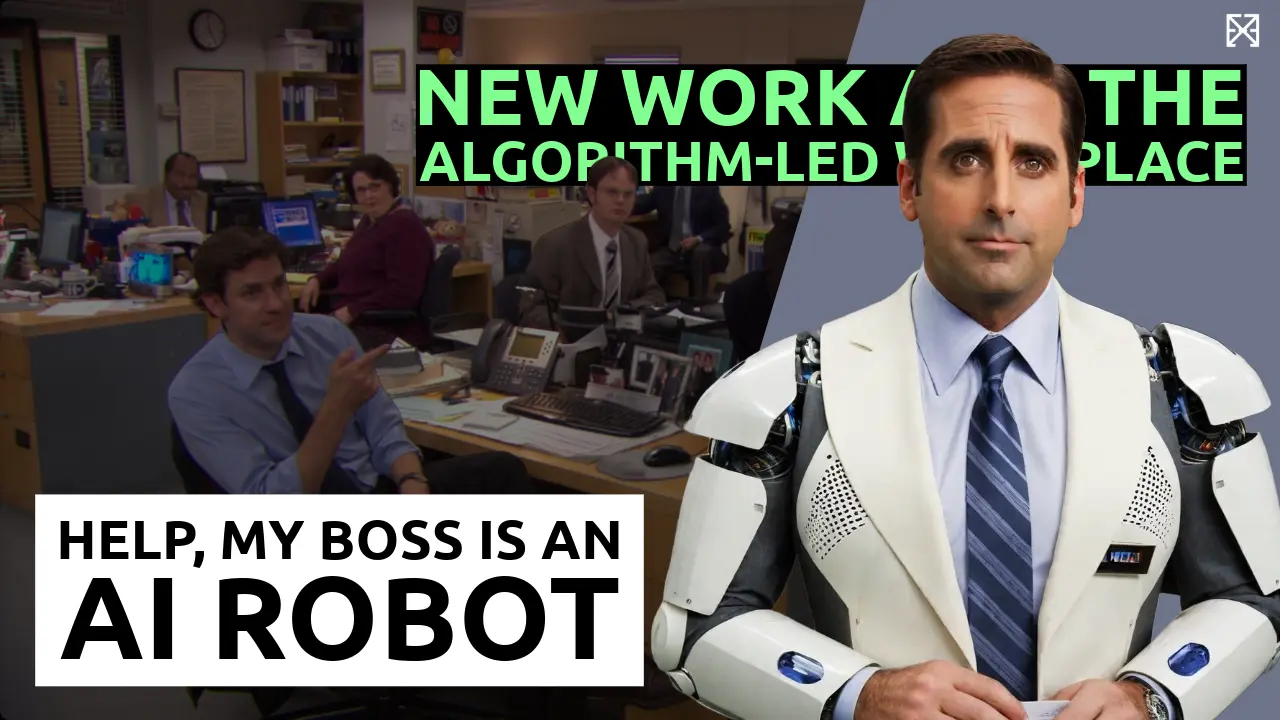How AI Empowers Everyone with a Personal Assistant
In a world where AI-driven personal assistants aren't just for the elite we humans can focus on tasks that make us human. Explore how technology is leveling the playing field, enhancing productivity, and redefining collaboration for all.
The idea of having a personal assistant is still synonymous with importance, the preserve of the elite and bustling executives… reminiscent of grand offices deigned to keep the unwanted people and subjects away from those dictating and ruling the lifes of subservants and workers.
But 2 decades of digital revolution later and thanks to accelerated technological development, particularly artificial intelligence (AI), we're on the brink of what was once a figment of science fiction: The concept of a digital personal assistant is now within reach for all in a way we hadn't imagined even 2 years ago.
While some privileged few still rebel against democratizing abundance for everyone, playing their pity status games with titles and moral highroads, trying to put regulation forward that will cement a status quo, artificial intelligence will hopefully take over their flawed and intellectual lazy narratives. The dream of a personal assistant is morphing into a reality for everyone.
Thanks to advances in artificial intelligence, notably models like GPT, the digital personal assistant is already at your fingertips.
The Evolution from Secretary to Digital Aide
Historically, assistants have played pivotal roles, managing minutiae and streamlining chaos in both personal and professional realms. The digital personal assistant is the next step in this evolution, powered by the strides we've made in AI and cloud computing.
The smartphone revolution ensured a computer in every pocket. Now, AI promises an assistant in every device. Imagine a world where your assistant:
- Prioritizes your emails, highlighting the ones needing immediate attention.
- Prepares you for meetings, offering briefs about attendees and agendas.
- Curates reading material based on your preferences, ensuring you're always informed and engaged.
You are not alone imagining such a future. Bill Gates, the most pre-eminent figure alive when it comes to create technological development for everyone, describes this as productivity enhancement across every personal and professional aspect of your life with large benefits for society, “when productivity goes up, society benefits because people are freed up to do other things, at work and at home.”
Advances in AI will enable the creation of a personal agent.
Bill Gates in “The Age of AI has Begun”
The mundane, often time-consuming tasks that bog down our productivity could soon be a thing of the past.
Because such capabilities aren't just about convenience; they're about enhancing productivity and ensuring each one of us, irrespective of our societal status, can harness the best of what technology offers.
Beyond Automation: A True Collaborative Experience
The smartphone revolution ensured a computer in every pocket. Now, AI promises an assistant in every device.
With the ubiquity of devices in our lives, from smartphones to smartwatches, the digital assistant isn't bound to a desk or office. It's everywhere, ensuring seamless experiences as we move from one device to another, from work to home, from professional tasks to personal chores.
Major players like Microsoft envision AI not as a replacement but as a collaborator - a “copilot”. The integration of AI models like GPT into daily tools, from word processors to e-commerce platforms, is transformative. A "co-pilot" isn't just about automation but true collaboration. Integrated into products we use daily.
Having AI as your copilot is like having a colleague who's always available, always informed, and never tires.
Bastian Moritz
It's the dawn of an era where our digital tools don't just wait for instructions but proactively assist, advise, and augment our capabilities. AI can enhance our work. It's like having a colleague who's always available, always informed, and never tires.
A Future Replete with Opportunities and Challenges
However, as with all transformative shifts come challenges.
The rise of AI assistants poses questions about job displacement in traditional white-collar roles just as the tractor has with farm hands. Privacy concerns are paramount when we talk about an entity that knows our schedules, reads our emails, and understands our preferences. But that’s nothing new either.
Moreover, as we lean on AI for more tasks, there's the underlying threat of becoming over-reliant. Can we still read paper maps and a magnetic compass? Will we, as a society, lose our edge in critical thinking and problem-solving?
The promise of AI-driven personal assistants is undeniable: a future where tasks are easier, and opportunities are more widespread.
And with the ubiquity of devices in our lives, from smartphones to smartwatches, the digital assistant isn't bound to a desk or office. It's everywhere, ensuring seamless experiences as we move from one device to another, from work to home, from professional tasks to personal chores.
As we embark on this journey, our focus should be on thoughtful integration, education, and ensuring that the benefits percolate to all strata of society – our focus must not be on regulating technological advancement. After all, technology's true triumph isn't in its sophistication but in its ability to better human lives.
Conclusion
AI Assistants aren’t just about convenience; it's about leveling the playing field. When everyone, regardless of their socio-economic status, has access to such a tool, we open doors to unprecedented opportunities. Think of the student who can now get assistance with complex topics, the entrepreneur who can focus on innovation rather than administration, or the elderly who can receive reminders for medication.
I'm optimistic. With thoughtful implementation and a focus on education and upskilling – everyone keeping a learning-mindset – we can ensure that the AI revolution benefits everyone.
